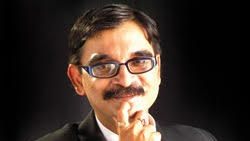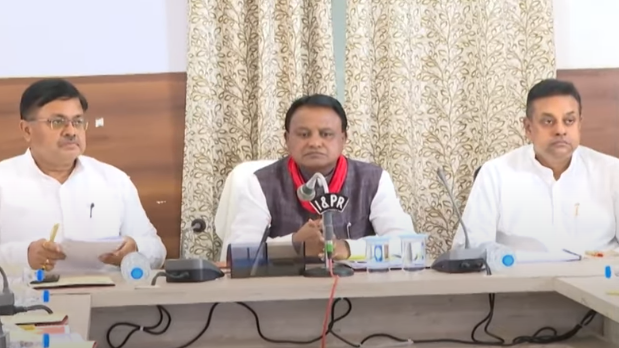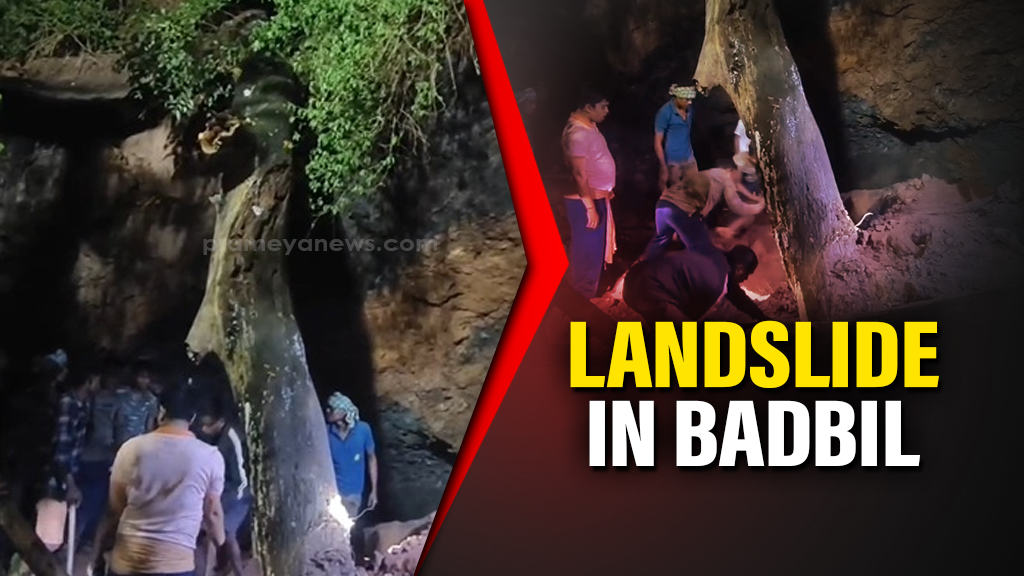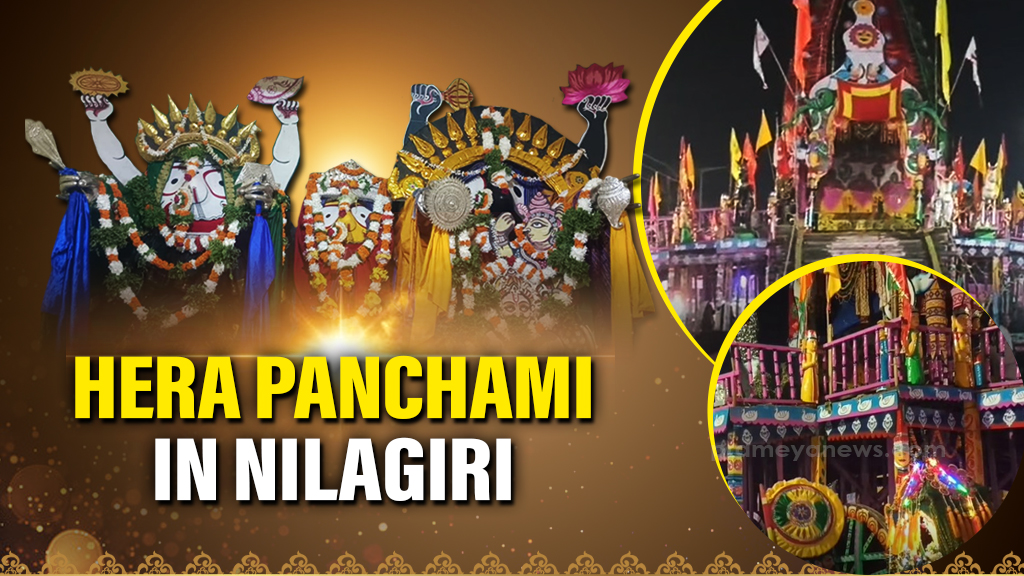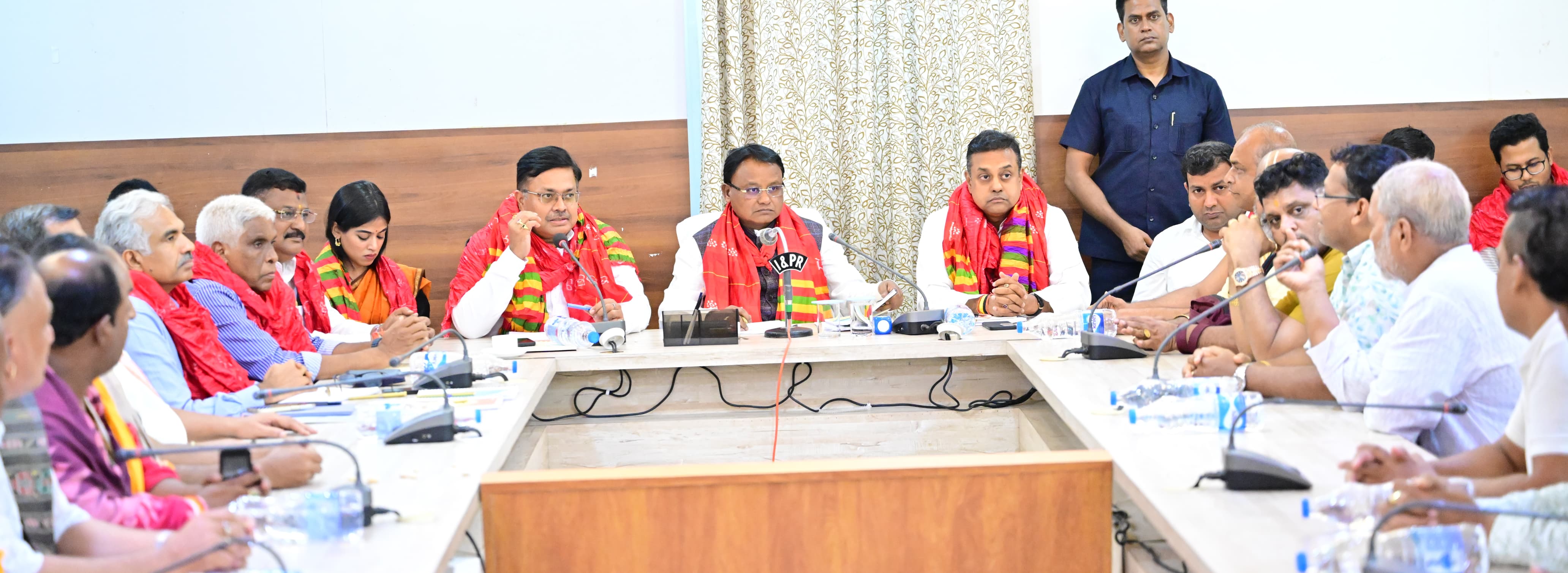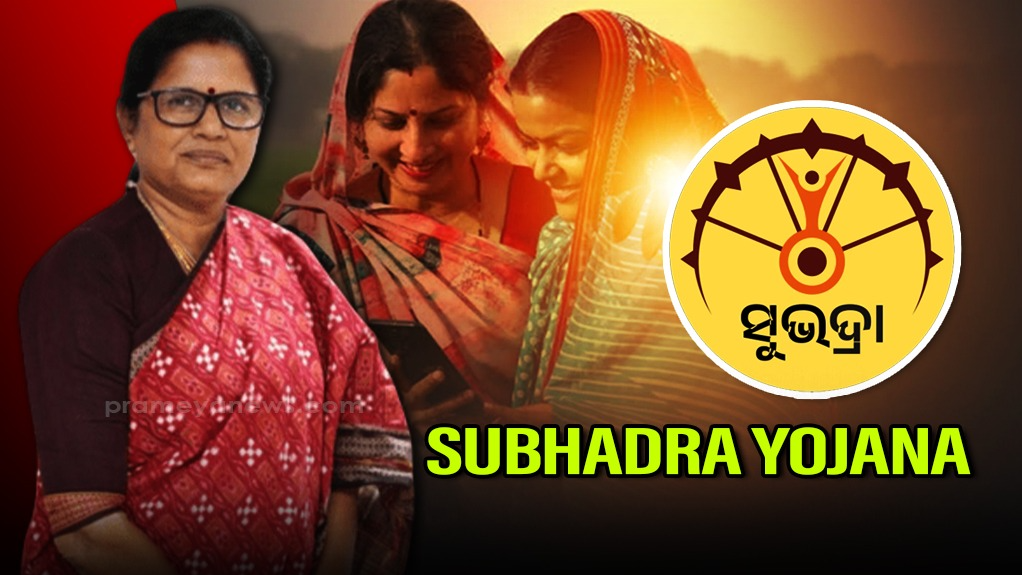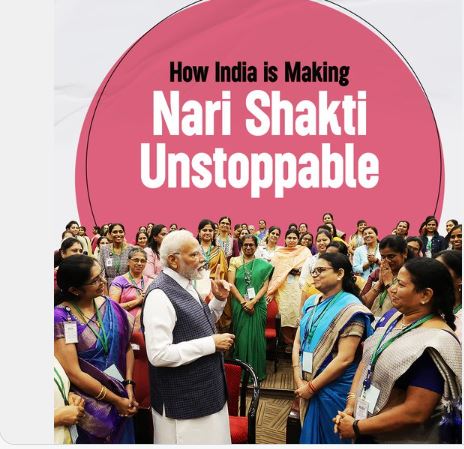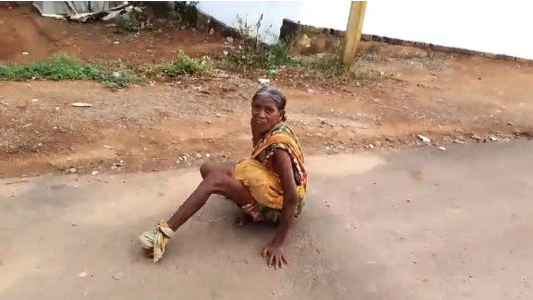Sutanu Guru
Any Indian who is ignorant of the significance of January 30 in modern Indian history has to be someone living in a cave for the last seven decades or so with no human contact. The intensity with which people of my generation were used to commemorate the solemn occasion in schools has definitely slowed down considerably in contemporary times. But it remains a blot on India, a day of tragedy and of perfidy. On this day in 1948, as Mahatma Gandhi stepped out for his evening prayers, Nathuram Godse bowed down to him as if in an act of reverence and pumped bullets into the Mahatma. Death was virtually instantaneous. Since then, two more assassinations of Indira Gandhi in 1984 and Rajiv Gandhi in 1991 have convulsed India. But the assassination of Mahatma Gandhi by Nathuram Godse traumatised a newly independent India in a way that nothing else has since then.
The aftermath was predictable. A large number of Brahmins in Maharashtra sharing the “lineage” of Godse were butchered in retaliation. The Home Minister of India Sardar Vallabhbhai Patel banned the RSS when it was revealed that Godse had once been an RSS worker before becoming an extremist Hindutva votary. The ban on the RSS was lifted soon after, but the stain continues to haunt the RSS as “secular” political parties still try their best to paint the RSS, and its progeny the BJP as organisations that “facilitated” the assassination of the Mahatma. There were quite a few Indians back then who quietly supported the stand taken by Godse. In his speech inside the courtroom before he was given the death penalty, Godse had attempted to justify his act by saying the Mahatma was essentially “selling out” Hindus to Muslims even after they had demanded and got a partition where more than a million were killed in communal violence. The numbers who support the Godse stance is now considerably larger and many have also become increasingly vocal about it. As the as the author is concern, nothing and no cause justifies the brutal assassination of a helpless old man in such an inhuman manner.
In any case, the author is simply not interested in getting into ideological debates over the issue. What I find more fascinating is how the murderous act of Nathuram Godse set the trajectory of Indian politics for decades. India has always been a deeply religious country. Barring the small minority of deracinated Hindu hating elites, an overwhelming majority of ordinary Hindus are devout and religious. We all saw a glimpse of the depth and intensity of that devotion when the idol of Ram Lalla was consecrated in a new temple in Ayodhya on January 22. Even in the aftermath of 1947 and the blood-soaked partition, a large proportion of Hindus were either wary of or hostile to political demands of Islam. They did not get the deeper nuances of how Mohamed Ali Jinnah got Pakistan. But they did see how hardline Muslims refused to move even an inch when towering leaders like Gandhi and Jawaharlal Nehru bent over backwards to accommodate Muslim concerns, including an offer from Mahatma Gandhi that Jinnah be the first prime minister of a united India after the British left.
In such a scenario, it wold have been logical for a party that espoused and advocated the cause of Hindus should have done very well in electoral politics. The Bhartiya Jan Sangh launched by Dr. Shyama Prasad Mukherjee attempted to just that. It’s main ideological plank in the first Lok Sabha elections was vehement opposition to “special status and favours” being given by the Jawaharlal Nehru government to Muslim majority Jammu & Kashmir. It was emotionally evocative; but it had absolutely no impact on the overwhelming majority of voters. Assorted Hindu parties did fight elections on the plank of “Hindutva” causes ranging from cow protection to government control of temples. But none of it influenced the voters and they, like the Jan Sangh, remained fringe political players in the electoral arena. The author has no doubt that the assassination of Mahatma Gandhi by Nathuram Godse played a significant role in the Hindutva parties failing to get electoral resonance of any sort in the country. Ahmed majority of Hindus were offended and disgusted by that act and the “establishment” was enormously successful in associating Hindutva forces and parties with that act. It was only in the 1967 elections that the Jan Sangh showed the first signs of becoming a serious political force. Of course, the Hindu “guilt” had largely dissipated by the 1980s and Rajiv Gandhi ensured the Hindutva forces were given a golden opportunity to gather momentum. In an act of blatant Muslim appeasement, his government overturned a Supreme Court verdict that granted alimony to a divorced Muslim woman. Almost by cue, the Ram Mandir movement gathered pace and climaxed when the disputed mosque was demolished by Kar Sevaks on December 6, 1992. Hindutva has never looked back since then.
I think BJP supporters are wrong in flaying Nehru for the prolonged delay in the revival of “Hindu civilisation”. They should actually curse Nathuram Godse.







